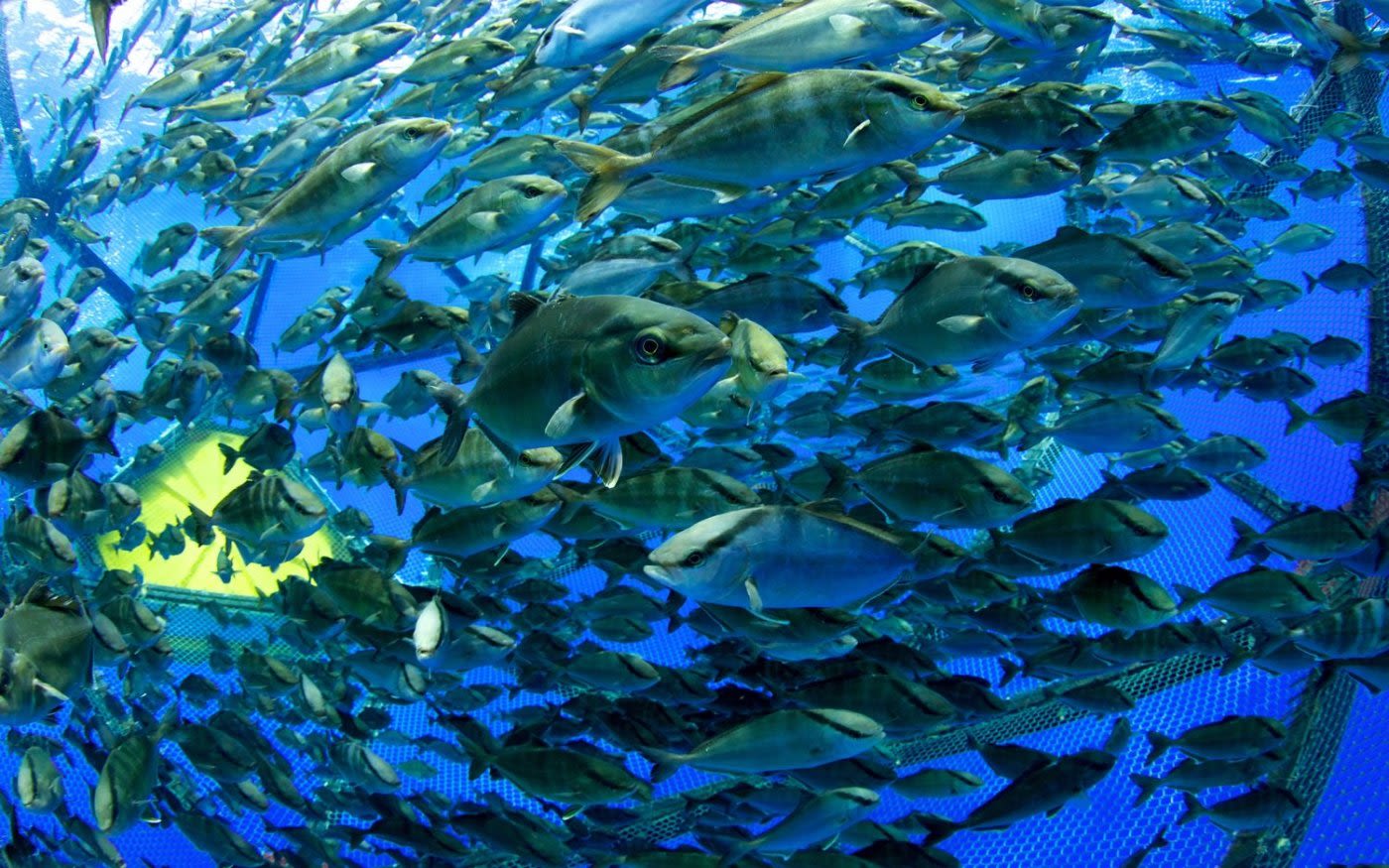The first investment fund for sustainable fish farming
These days, you can't open a paper without reading about the farm to table movement and the trend towards locally sourced greens and meats. This is something to be celebrated, as we now have options and can make educated choices about our food. Yet when people open their menus or head to the grocery, they often don't know how to approach the question of seafood. Is it healthy? What is being overfished? Where did it come from? Is it really sustainable?
Many of these answers aren't what we want to hear. In terms of overfishing, the current landscape is grim. The world's fish stocks are being harvested faster than they can reproduce. 80 per cent of fish stocks are already fully exploited or in decline. 90% of all large predatory fish – including for example Bluefin Tuna, Atlantic Cod and Atlantic Halibut – are gone. Scientists predict that if current trends continue, world food fisheries could collapse entirely by 2050.
When it comes to what we can order, it's actually hard to know. Monterey Bay Aquarium offers a great resource. Yet there is another challenge, which is a question of labeling. According to a report from Oceana, more than 59 per cent of all tuna is mislabeled – and it is worse with some other species. Generally speaking, there simply is very little transparency around wild caught fish. We often don’t know where it swam or what it ate; whether it came from a clean source or an area that is compromised; or if it was sustainably harvested or done in a way harmful to the environment.
So how can we actually feel OK about ordering seafood off our menus? We should take a page out of the book of farms that have perfected raising livestock sustainably – eliminating antibiotics, streamlining how feed is delivered and in what amounts, getting rid of nasty chemicals, etc. In other words, we need to get fish farming (or aquaculture) right so we can take the pressure off our oceans.
We launched Aqua-Spark because we want to address these challenges, and believe we can! Aqua-Spark is the first investment fund focused on sustainable fish farming.
Fish farming is a massive industry. In 2012, the global market for aquaculture was about $135 billion, and it’s expected to reach $195 billion in 2019. At Aqua-Spark we want to help clean up this food system as it grows, which is why we look to support the next generation of industry leaders and technologies that are at the forefront of sustainable aquaculture.
We specifically want to tackle three areas:
Getting feed right
Reducing antibiotics and improving farm operations
Increasing transparency
First, most farmed fish are presently fed fishmeal and oil made from wild caught fish. We see this as one of the biggest obstacles in sustainable aquaculture and we're taking it on by supporting potential feed alternatives like insects, algae, yeast and single-cell protein.
Second, large volumes of antibiotics are used in many fish farming practices to battle disease and parasites. We seek to fight this by investing in farms that stock their ponds or cages less densely and focus on species that are less susceptible to disease. We also are working to optimize feed formulation and invest in farms that grow seaweed around the cages.
We're also focused on bringing transparency to fish farming operations, which means optimising farm management systems. In other words, we want to track the life of the fish so we can know where a fish came from and what it ate.
Ultimately, if done right, farmed fish can be a healthier choice than wild-caught fish. As was the case around the farm to table movement, consumers must demand transparency. With added pressure, farmers and retailers will have added incentive to improve practices and make fish farming operations better for people and the planet.
It is clear we don’t have the luxury of the decades it has taken farm operations to get on track. With aquaculture, we need to be investing in these things right now if we're going to make meaningful strides in protecting sea life that is under duress while still feeding billions of people around the world.
This is a guest blog and may not represent the views of Virgin.com. Please see virgin.com/terms for more details.

